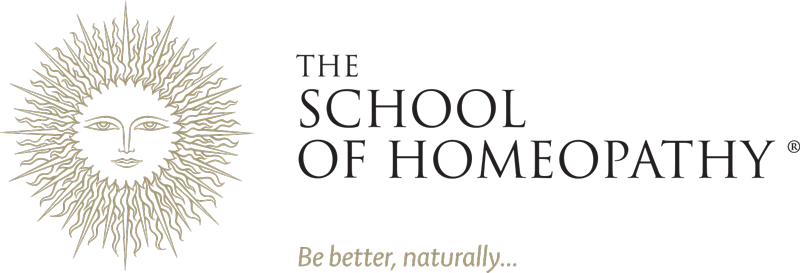Primarily associated with symptoms related to vertigo, travel sickness and exhaustion, Cocculus indicus is indicated for individuals who suffer from dizziness, motion sickness and fatigue.
1. Key Characteristics
Cocculus indicus is characterised by symptoms of dizziness, particularly when experiencing motion sickness or after lack of sleep. Individuals may display extreme fatigue and weakness due to physical or mental exhaustion.
2. Physical Symptoms
Individuals requiring Cocculus indicus often experience dizziness, especially when exposed to motion like riding in a vehicle or being on a boat. They may also suffer from nausea and vomiting related to motion sickness, along with extreme fatigue.
3. Emotional and Mental Aspects
Emotionally, Cocculus indicus individuals may feel mentally exhausted, anxious or irritable due to lack of sleep or prolonged stress. They might have difficulty concentrating and can be emotionally sensitive.
4. Aggravations and Ameliorations
Symptoms tend to worsen with lack of sleep, motion or prolonged stress. There might be some improvement with rest and sleep.
5. Modalities
Cocculus indicus symptoms exhibit a specific pattern of dizziness and motion sickness, often accompanied by nausea and vomiting. Extreme fatigue due to sleep deprivation or mental exhaustion is also prominent. Symptoms worsen with lack of sleep or exposure to motion and improve with rest and sleep.
Key Rubrics
1. Dizziness, motion sickness and nausea.
2. Extreme fatigue and weakness.
3. Mental exhaustion, anxiety and irritability.
4. Aggravation with lack of sleep, motion or prolonged stress.
5. Improvement with rest and sleep.
Please note that this is a general overview and it is important to consult a qualified homeopathic practitioner for an individualised assessment and appropriate remedy selection. They will consider the complete symptom picture, medical history and other factors to provide the most suitable treatment approach.

